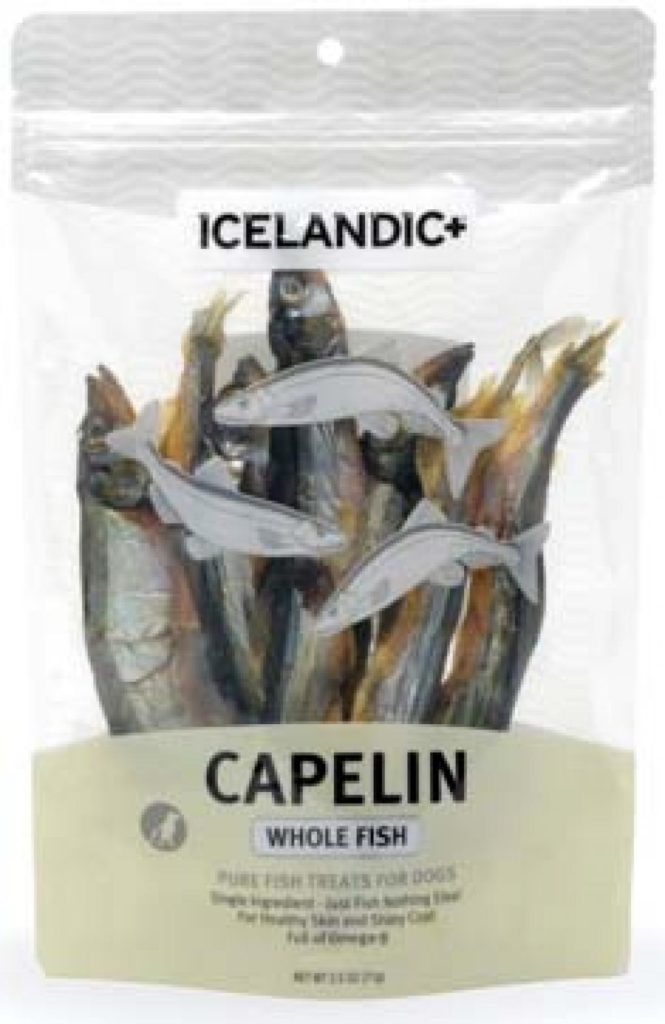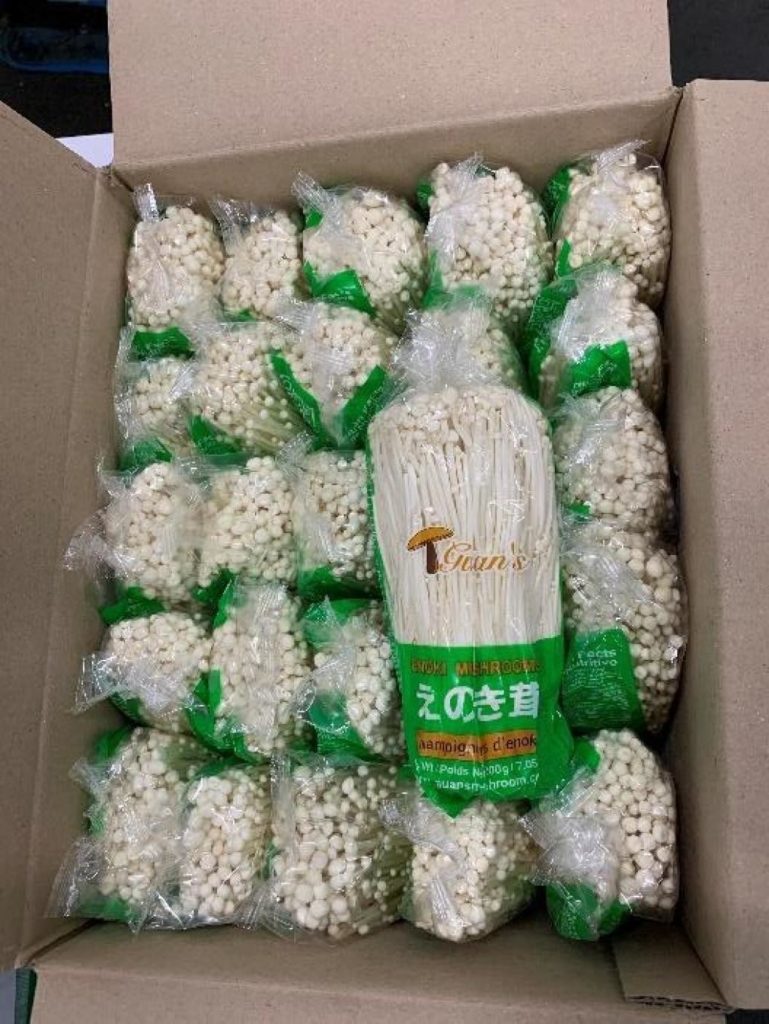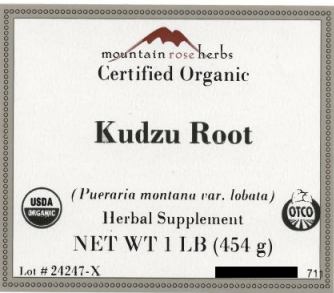The FDA has determined that salt-cured, dried, or fermented un-eviscerated fish larger than 5 inches have been linked to outbreaks of botulism poisoning in humans between 1981 and 1987 and again in 1991. As a result, IcelandicPlus LLC of Ft. Washington, PA, recalled its Capelin Pet Treats because some of the fish have exceeded the FDA compliance guideline for fish larger than 5 inches. To date, there have been no reported illnesses of dogs, cats, or persons in connection with Capelin. Nor has there been any positive test result for Clostridium botulinum from any IcelandicPlus Capelin. This product would be found in Independent Pet Specialty Stores within all States in the United States. The company is changing its supplier to ensure that the products are consistently less than 5 inches, or if larger, they will be completely eviscerated. @ https://www.fda.gov/safety/recalls-market-withdrawals-safety-alerts/icelandicplus-llc-voluntarily-recalls-whole-capelin-fish-pet-treats-because-product-exceeds-fda-size?utm_campaign=IcelandicPlus%20LLC%20Voluntarily%20Recalls%20Whole%20Capelin%20Fish%20Pet%20Treats&utm_medium=email&utm_source=Eloqua
ruth
Out of an abundance of caution IcelandicPlus LLC of Ft. Washington, PA, is recalling its Capelin Pet Treats because some of the fish have exceeded the FDA compliance guideline for fish larger than 5 inches. The FDA has determined that salt-cured, dried, or fermented un-eviscerated fish larger than 5
ruth
The FDA announced on its website that Guan’s Mushroom Co of Commerce, CA recalled all cases of its 200g/7.05 ounce packages of Enoki Mushroom (Product of Korea) because it has the potential to be contaminated with Listeria monocytogenes. The recalled products were distributed from CA, NY, PA, in retail stores through produce distributors or wholesalers. No illnesses have been reported to date in connection with this problem. The potential for contamination was noted after routine testing by the State of California revealed the presence of Listeria monocytogenes in the 200g package of Enoki. The distribution of the product has been suspended.@ https://www.fda.gov/safety/recalls-market-withdrawals-safety-alerts/guans-mushroom-co-recalls-enoki-because-possible-health-risk?utm_campaign=Guan%E2%80%99s%20Mushroom%20Co%20Recalls%20Enoki%20Because%20of%20Possible%20Health%20Risk&utm_medium=email&utm_source=Eloqua
Guan’s Mushroom Co of Commerce, CA is recalling all cases of its 200g/7.05 ounce packages of Enoki Mushroom (Product of Korea) because it has the potential to be contaminated with Listeria monocytogenes, an organism which can cause serious and sometimes fatal infections in young children, frail
Doug-B
The FDA announced on its website that Mountain Rose Herbs (MRH) of Eugene, Oregon recalled all sizes of its Organic Kudzu Root Herbal Supplement because they have the potential to be contaminated with Salmonella. The product comes in a clear plastic, or poly-woven bag with net weight ranges from 4 oz. to 50 lbs. The recalled Organic Kudzu Root Herbal Supplement was distributed to customers who ordered from mountainroseherbs.com, purchased at the company’s retail shop in Eugene, Oregon, or placed mail orders by phone or fax between the dates of 6/17/2019 to 3/2/2020. It is possible MRH customers also resold the Kudzu Root to their own clientele. Mountain Rose Herbs also distributed product directly to customers in AL, AR, AZ, CA, CO, CT, FL, GA, HI, IA, ID, IL, IN, KS, KY, MA, MD, ME, MI, MN, MO, MT, NC, ND, NE, NH, NJ, NM, NV, NY, OH, OR, PA, SD, TN, TX, UT, VA, VT, WA, WI, WV, WY, British of Columbia, Nova Scotia, Ontario, and Quebec of Canada. No illnesses have been reported to date. Production of the product has been suspended while we continue our investigation. @ https://www.fda.gov/safety/recalls-market-withdrawals-safety-alerts/mountain-rose-herbs-recalls-organic-kudzu-root-herbal-supplement-due-possible-health-risk?utm_campaign=Mountain%20Rose%20Herbs%20Recalls%20Organic%20Kudzu%20Root%20Herbal%20Supplement%20Due%20to%20Possible%20Health%20Risk&utm_medium=email&utm_source=Eloqua
Mountain Rose Herbs (MRH) of Eugene, Oregon is recalling all sizes of its Organic Kudzu Root Herbal Supplement from Lot #24247-X and #24247 because they have the potential to be contaminated with Salmonella, an organism which can cause serious and sometimes fatal infections in young children, frail
Doug-B
In a study published in the Journal of Epidemiology and Infection (https://www.cambridge.org/core/journals/epidemiology-and-infection/article/human-foodborne-listeriosis-in-england-and-wales-1981-to-2015/FEB0F76B4D49205B36E8F2DB81108DBE/core-reader#
) foodborne listeriosis in England and Wales prior to the introduction of whole-genome sequencing (WGS) is reviewed. The study finds that in nearly all cases of human listeriosis are foodborne. However, cases, where a specific exposure is identified, is small. The proportion of all cases linked to specific foods was 3% between 2002 and 2006 with the implementation of amplified fragment length polymorphism (AFLP) and 5% between 2007 and 2015 with fluorescent AFLP as the primary discriminatory typing tool. WGS has increased the percentage of detected cases linked to specific foods to around 10%. Between 1981 and 2015, 5252 human listeriosis cases were reported in England and Wales. There was a single outbreak of 378 cases (7% of the total) which was associated with pâté consumption and 112 cases (2% of the total) attributed to specific foods in all the other incidents. Ten incidents (one sporadic case and nine outbreaks of 2–9 cases over 4 days to 32 months) occurred in hospitals: all were associated with the consumption of pre-prepared sandwiches.
Welcome to Cambridge Core




